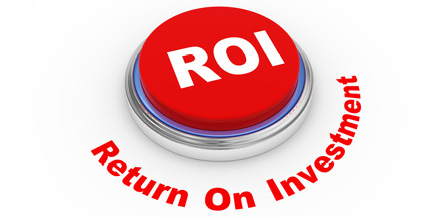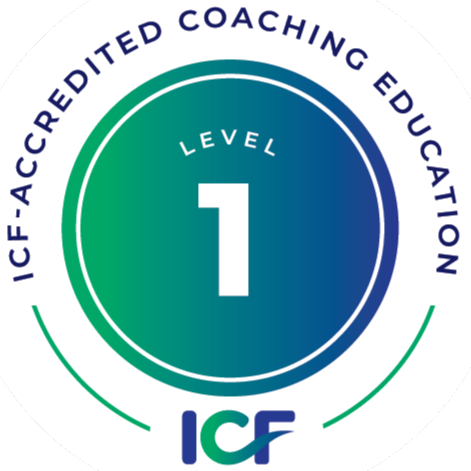
By: Elizabeth Saigal, Ph.D.
The challenge in calculating a monetary value for coaching is that many of the shifts experienced by a client are qualitative rather than quantitative. In addition to this, the impact of small shifts in attitude and behavior are cumulative over time continuing way beyond the boundaries of the actual coaching session. So far, the concept of calculating return on investment has primarily been applied to those doing executive coaching. Calculations ascertaining the financial impact on the business include employee satisfaction, turnover rates, process times, and increased sales. Occasionally, they may also include some quantification of how satisfied the individual was with the coaching, whether they achieved their objectives, and the value they placed on it. This discourse is to consider whether it is possible to identify return on investment for other coaching niches. Can you put a monetary value on having deeper more meaningful relationships or recouping the benefits of a healthier lifestyle?
One way might be to put a figure on potential costs avoided by the small lifestyle changes spurred on by coaching. These might included sick days, medical bills, and lost productivity. Savings may also be seen through reduced costs in daily living expenses. Depending on the type of coaching it may also include the cost of avoided relationship dissolution.
Another way might be to look at where you are on a scale of 1 to 10 (1 being severely restricted and unable to function and 10 being unimpeded) in each life domain before and after coaching. Going from a low number on this scale to a place of functionality at 8 or above could easily be accrued a value of several hundred dollars. These subjective results could be accessed by coming up with an inventory that could be taken before and after and series of coaching to quantify the coachees experience: What they think and feel about the coaching process. This might include internal and external factors such as knowing what you want versus finding out how to get it, respectively. Internal items might assess learning, attitude, realization, insights, scripts, habits, social conditioning, connection with inner wisdom, frameworks for action, motivation, wellbeing, outlook and happiness. External items might include goals, aspirations ambition, intention, skill development, choice of path, maintenance, completion, termination, sub-goals, and identified steps.
The definition of Return On Investment (ROI) is the percentage return on an outlay. So:
ROI from coaching = 100*(Gain from coaching – Cost of coaching)/Cost of coaching
For example: A client invests $4,000 over the course of year in coaching sessions. They identify improvements in their marriage, more manageable stress levels and an actual increase in earnings of $10,000 through behaviors implemented as a direct result of coaching. If we quantify marriage and stress improvements at $1,000 each for improved quality of life and related health benefits. Our calculation for ROI is 100(12000-4000)/4000 = 200%
During the second year the client continues with coaching check-ins every few months totaling $1,000. They sustain and increase earnings a further $12,000 giving totally earning increase over 2 years of $32,000. They maintain improvements to health and intimate relationships and reap benefits in other relationships as well as implementing further refinement of eating habits. This could be quantified as a total benefit of $6,000 over 2 years. They also identify scholarships through research prompted by coaching providing a saving of $2,000. Now ROI = (40000-5000)/5000 = 700%
If you take a look at these calculations you can judge for yourself whether claims of 500 to 1000% return on the coaching investment are reasonable. It could be argued that $1,000 figures for improvements to quality of relationship and stress levels are far too conservative. After all, what is the price of happiness?
Coaching acts as a catalyst for those are that ready. Since human behavior and attitude is a dynamic system, any small adjustments to lifestyle or focus can lead to an entirely different experience years in the future. What happens over the decades if you lead a healthier lifestyle or change self talk raising your enthusiasm and inspiration to engage? This can provide the foundation for success in serving yourself and others that may never have been fully expressed without the coaching relationship.
The concept of monetary return on implementation comes from being in a quantity mindset. Perhaps, after all, we should not be encouraging this, but instead promote switching to a focus on quality. With this as a priority driving life choice the question of whether to engage in investment in ourselves is superfluous.
Dr. Elizabeth Saigal has been an ILCT student since Spring, 2012, and is working towards becoming a Master Life Coach. Her ideal client is one who is intent on connecting with their inner truth and aligning with their intuition to live a life on purpose. You can connect with her by email at esaigal@yahoo.com.




